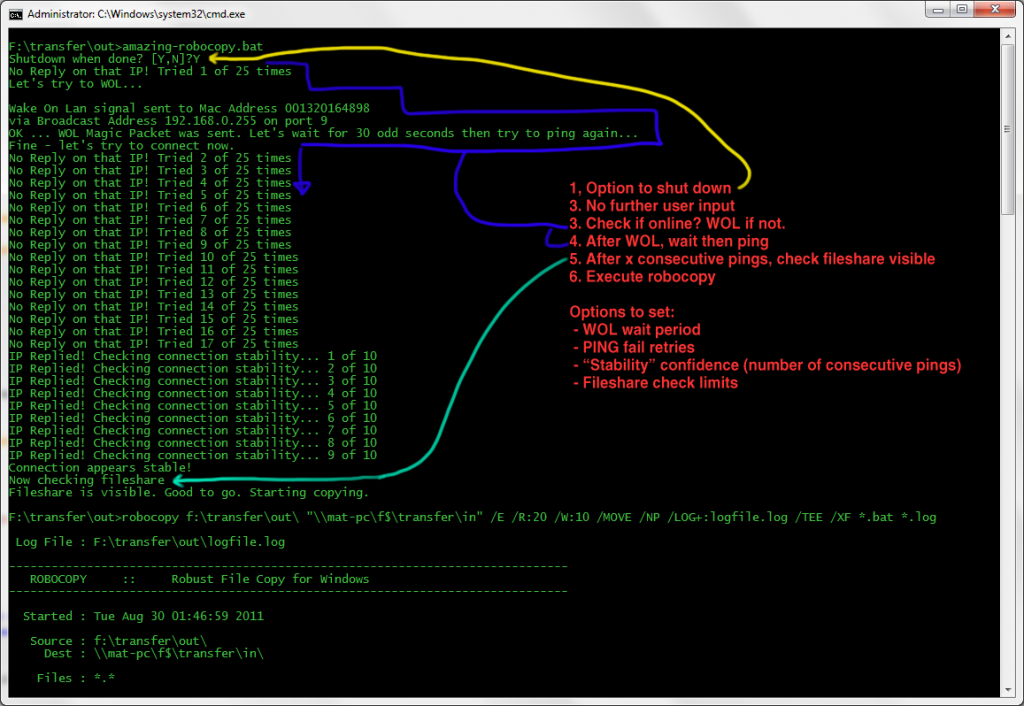
Ensure that your cache is ample to act as an appropriate buffer to complement your upload rate: It is important to size your Filespace file index and cache (root-path) before beginning any migration. Transfer calculation estimates don't take into account the benefits of our compression. LucidLink compresses data for upload therefore some data types like documents compress reasonably well and consume less upload bandwidth. Please note data transfers may differ depending on data types.

Explorer and Finder at times are problematic with poor copy speeds, transfer time estimations and timeouts.Įstimate your transfer speed based using a bandwidth calculator. You'll require a speed test to determine your upload Mbps and the size of your data. We will leverage Robocopy and Rsync in our examples and provide additional guidance for segmenting your data to enable you to prioritize the transfer of your most important, active data. In this article, we will provide some example concepts for Windows, Linux and macOS operating environments. You have many options to perform the transfer however the goal is to select the most efficient method.Įach operating system has appropriate tools built-in to perform efficient, resumable file copies. All data must traverse through our client to reap the unique benefits of our data streaming. Thank you for all your comments.Migrating data to your Filespace needs to be achieved through the LucidLink client application. I guess the answer is "no, you can't make explorer file operations faster but you can use other options when needed", which is what I suspected but wanted to make sure there was nothing specific to my system making it uncharacteristically slow. TeraCopy was a somewhat faster than a native drag-and-drop, clocking in at 53 seconds vs.

I am aware that command line copying is faster, and it what I do when I need to copy a very large amount of data, but dropping to a command line to save several seconds is probably not worth it. Zipping the files will not make the copy significantly faster since the system still has to read all the files on zipping and then write them on unziping, while adding another overhead and making a common operation less convenient.

Is this the best I can expect or are there ways to speed it up? When I copy a large file in explorer, Windows reports around 200 MB/s:īut copying a large folder of many small files can be up to three orders of magnitude slower: Samsung magician reports these characteristics for my NTFS-formatted SSD:


 0 kommentar(er)
0 kommentar(er)
